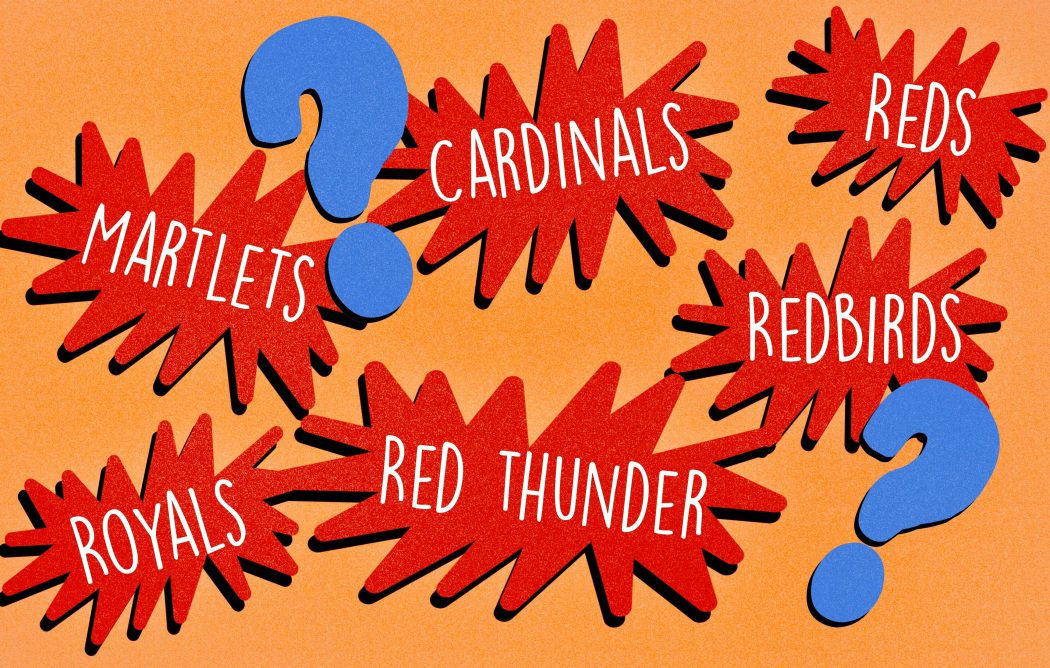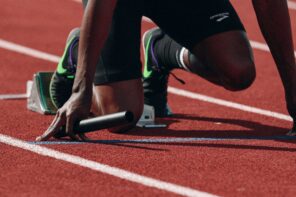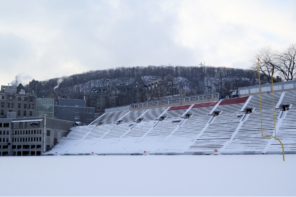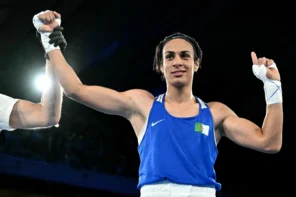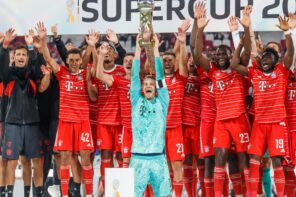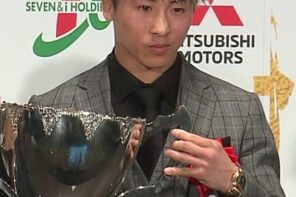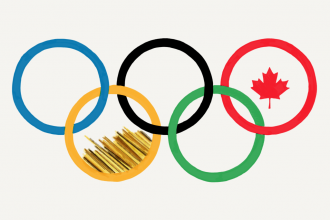The 12 months following the referendum regarding the name change of McGill’s athletic teams have produced meager results. Anticipation and frustration are growing on campus amidst student and student-athlete communities, as they wait for the administration to choose a name to represent McGill’s future classes and sports teams. Following April 12, when Principal and Vice-Chancellor Suzanne Fortier formally announced that McGill would officially change the name of the male athletics teams, the administration promised an official new name in 2020, to be produced in consultation with Deputy Provost Fabrice Labeau’s voting body.
Spearheading the effort to find a new and more adequate name, Labeau announced a voting body of ten current student-athletes, alumni athletes, and coaches on November 15. This demographically diverse group aims to focus McGill’s continued efforts on matters related to diversity and social inclusion.
“I’m hopeful that the committee utilizes its power to choose a name we can all get behind, one which I’d be proud to represent,” U3 Jake Guggenheimer, a member of the Varsity Baseball team, told the Bull & Bear.
No substitute name was immediately offered by the University, leaving the men’s athletics teams to compete under the moniker ‘McGill Varsity Teams.’
The “Change the Name” campaign gained footing on campus almost exactly a year ago, with the 2018 Fall referendum garnering nearly 6,000 student votes on topics that included changing the official athletic mascot. The issue attracted students’ attention due to widespread criticism from Indigenous student groups and activists over the offensive nature of the “Redmen” name. Compared to past referenda at the school, the 2018 fall edition had a noticeably higher student turnout rate, according to CBC news.
Nearly 80% of the students who participated voted in favour of changing the name, a move that led McGill University to officially drop “Redmen” as the school’s athletic identity. However, after this initial change, no substitute name was immediately offered by the University, leaving the men’s athletics teams to compete under the moniker “McGill Varsity Teams.”
The contrast between the large percentage of people who voted in support of changing the name and the lack of results that have been produced in the year since has led some students to question the effectiveness and efficiency of McGill’s efforts. “This was handled poorly by the school, and while a new name will hopefully help to heal the frustration on the part of the student-athletes, it would have been nice to have been asked by members of athletics how we [as athletes] felt about the name” Guggeinheimer admitted.
Partially due to the duration of the process, some students are unsure about the collective stance of McGill Athletics regarding the decision, and whether or not McGill Athletics should feel some notion of responsibility regarding the old name. “I was confused if the teams were angry or apologetic [about the name change],” confessed U2 Economics/Political Science student Victoria Kalisky.
Even considering the long wait (over a year) following the successful referendum for the Change the Name campaign, some students criticize the administration more generally, asking them to tackle other controversial issues with an equal effort. “The name change is an issue that affects a relatively small percentage of students and staff on campus and in the broader McGill community, as compared to issues such as mental health or, especially in McGill’s case, infrastructure quality” Nick Linton, U3 Management, told the Bull & Bear.
Furthermore, concern over the school’s willingness to alter its historical image has arisen in parts of the alumni community, as certain donors have threatened to cease financial support and loyalty to the school, according to the National Post. However, not all alumni are sensitive to the change: McGill alum Jack Pantalena ‘18 stated that he “would always remember my time playing as a Redman positively, but that being said, decisions are [collectively made] for the best interest of all stakeholders.”
With the name changing board officially formed, and with many students awaiting a decision, a new official McGill mascot is seemingly closer than ever. Mixed emotions toward the ongoing decision exist throughout the McGill community, though bright hopes of a new name seek to outshine the relative lack of results produced on this profound school issue. With the fruits of the name change board’s labour expected in 2020, only time will reveal the new face of McGill’s historic athletic image.
Conflict of Interest Note: The author of this piece is himself a McGill athlete. While this status helped him to hear from fellow members of the community, we do not feel it impacted the quality of the reporting or the reporter’s ability to account for a diversity of perspectives on this issue.

